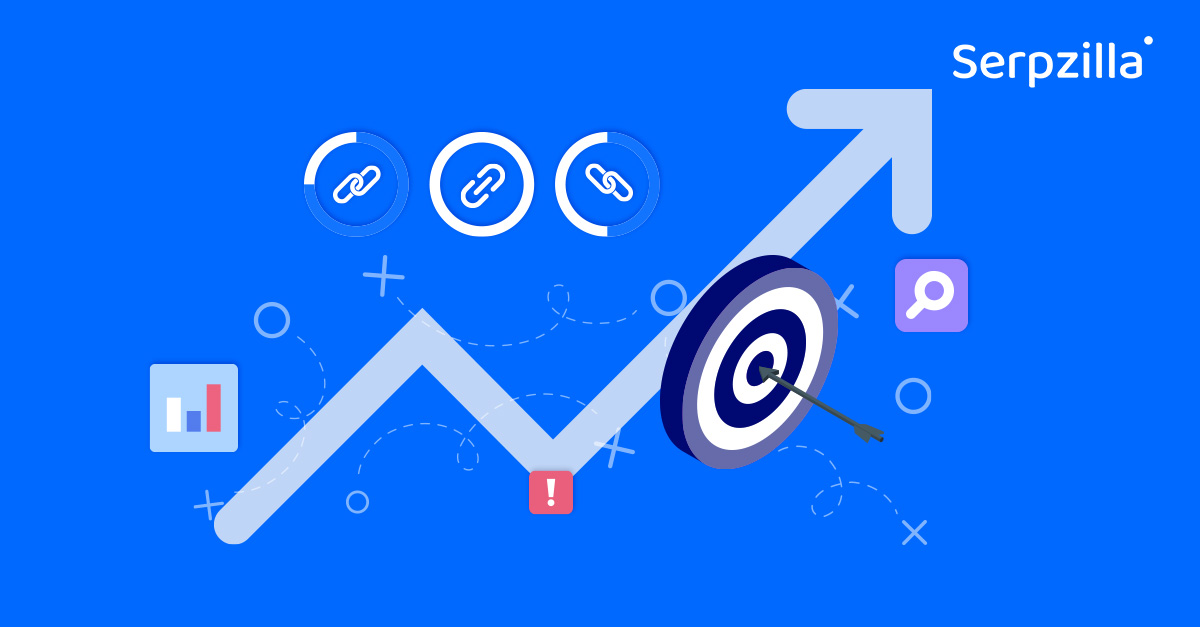Informational queries are search queries users enter in order to find information about a subject of interest on the Internet. Informational queries are characterized by the use of words such as “why”, “where”, “when”, “price”, “reviews” and so on.
Informational queries are primarily divided into two types:
- Simple. Much more commonly seen in the SERP in the form of widgets on the side. They contain brief and up-to-date info on whatever it is you were looking for regarding the common, constant data and knowledge. (for example: weather, exchange rates, terminology, historical date, etc.).
- Complex. These include information requests that require a detailed voluminous response. To get acquainted with them, the user goes to pages that contain comprehensive data on the subject of the request – in the form of text, illustrations, audio or video material.

An example of a simple informational query in a form of a widget in Google
For example, “How to build a house?” is a simple request. “How to build a house from wood and natural stone?” is a complex request. Google even has a special BERT algorithm specifically for processing complex information queries.
One of the key features of the BERT algorithm is that it considers “the full context of a word by looking at the words that come before and after it—particularly useful for understanding the intent behind search queries.”
(from Open Sourcing BERT: State-of-the-Art Pre-training for Natural Language Processing)
Some examples of informational queries:
- Why do tigers like to climb trees?
- How to get proper care for indoor plants?
- What are the benefits of short-term cold exposure?
- Apple iPhone SE 2022 user reviews.
Why do you really need informational queries?
Informational queries do not really sell your goods or bring more buyers to your website. However, with the help of quality content to answer those queries, you can turn a user into a regular visitor of your website, spark an interest in them, make them consider your offer at some point and eventually turn them into a client.
The primary impact that working with informational queries will have on your website is an increase in your E.A.T – your rating in expertise, authoritativeness, and trustworthiness.
Promoting your pages via information queries will allow you to:
- increase brand visibility;
- increase the credibility of the company;
- earn an expert status in your field and among your competition;
- earn the trust of potential customers;
- attract more traffic = ranking boost.
BUT! You must have truly expert content.
All this is possible only if you publish high-quality content. To cover informational queries you must be ready to create and put out content that unequivocally shows you visitors that you are the expert and you are highly competent. Search engines recognise such content and rank it accordingly. And there are some requirements to it you’d better meet. Each post should have a photo of the author, their name, details on profession and achievements. Basically, what search engines favor the most here is verified authorship.
Promotion via informational queries
Most often, promotional queries are necessary to promote blogs and informational resources in general, so that they get more traffic and monetize this traffic through advertising. When search engines rank websites by such queries, they pay more attention to the Trust level of the resource and its topical focus. Commercial links are much less important to SERP in this case.
However, in the commercial niche, promotion via informational queries is also perfectly applicable. In the case of commercial resources, informational queries aim at forming a permanent audience, which later has the potential to convert into customers. The Serpzilla study in the niche of medical services only confirmed this. We had a large study in the medical niche. We analyzed clinics and found out that a lot of people in commercial medicine use this method of promotion. Visitors read expert articles about ailments and their treatment, educate themselves in the field of health, and eventually purchase the services of the clinic by contacting its experts.
High level of content expertise combined with the additional incoming traffic, builds trust and credibility in the eyes of your visitors. And they are much more willing to buy from professionals.

#2 result in SERP for “vitamin D deficiency” leads to an in-depth article on a website of a healthcare establishment
Features of informational queries
View depth
The peculiar specifics of informational queries are that the user will more likely look through the SERP far past the top 10 positions. Usually users go as deep as 20 or 30 links into the SERP. Any user, in order to gather the most complete and reliable bulk of information, may even need to study several sources at once.
The same happens with websites. If the user visits your page, then they will likely study it and can go to other pages of your website in search of additional information on the subject or some relevant subjects. Thus, for these purposes, you can use the “Recommended” block at the end of the article, in the footer of the page, and get even more traffic. People often read a lot, but it is also important to be able to provide materials in different formats: text, video, audio (articles, podcasts, etc.) – one way or in a suitable combination.
Some answers are available to users without visiting the website. This approach is largely convenient for voice assistants, which, when requested by the user, read the widget with the answer and give the user the requested information in a brief format.
Primary characteristics of informational queries:
- the key phrase usually contains of the question words like “how much”, “how”, “where”, “why”, etc.;
- such queries do not mention the name of a particular website;
- informational queries can contain words like “reviews”, “customer opinion”, “recipe”, “benefits”, “pros and cons”, etc.;
- informational queries are not tied to a specific region – they are geographically independent, meaning you can rank for queries even far outside your region.
The success with informational queries directly depends on the correspondence of the search phrase to the results that the user wants to receive.
In case the user enters a simple query (like pea soup), the top positions of the SERP will likely be occupied by offers from diners, restaurants, food deliveries and such. All while the user might have an intent to find the recipe. So the user will have to sift through a bunch of pages before the needed information is found.
Despite the constant improvement of search algorithms, they still cannot understand the intentions of a person by one keyword. To make it easier for search engines and get the most relevant results, users most often use complex queries, which work best.
With complex queries users will be able to quickly find resources containing instructions and advice on a topic of interest. Purely commercial websites, in that case, will either be absent in SERP or not present at all (at least on the first few pages).
This is why, when building a list of keywords, it’s important to pay close attention to researching the complex user queries in your niche and picking ones that you can provide comprehensive answers to.
Serpzilla and informational queries
In Serpzilla, you can promote both blogs and commercial projects via informational queries. Our tools allow you to do it in a convenient fashion, especially since the competitiveness of informational queries is often low. There is also one interesting and beneficial feature to note here: by renting backlinks for informational queries, you can get into the top SERP first, then cease your rent and keep holding onto top positions in the SERP purely due to behavioral factors working their magic. Informational queries generally have higher traffic volumes, which will allow you to keep attracting users on a regular basis. So Serpzilla is a perfect fit when it comes to informational queries.
Conclusion
Informational queries:
- are good for both blogs and e-commerce. Informational queries are useful for both informational and commercial resources. High-quality content about your products, services, and field of business, which is useful for the user, will attract more visitors and strengthen your authority in the market.
- have users go deeper into the SERP. In an effort to collect the most complete information on a topic of interest, users study not only the first page, but also go to the next ones, usually as deep as 2-3 pages.
- have users browse deeper into your website. From the landing page that the user lands on from SERP, they are more likely to explore your website further. Usually the user goes two or three pages deep to get comprehensive information on the topic of interest or some other relevant topics.
- have users look up more than just one source. In order to obtain accurate information, users often look through several websites at once to compare or complement the data. And even if the first result on Google contains a large informative article, users might still continue to browse through other resources.
- may be answered to in multiple formats. The answer to an informational query can be presented not only in the form of text materials, but also in the form of pictures or videos. One at a time, or in various combinations, depending on the topic and business specifics.
- may provide answers without visiting the website. Such answers are contained in special widgets in the search engine. This applies to information about the definitions, historical events or various established concepts.







